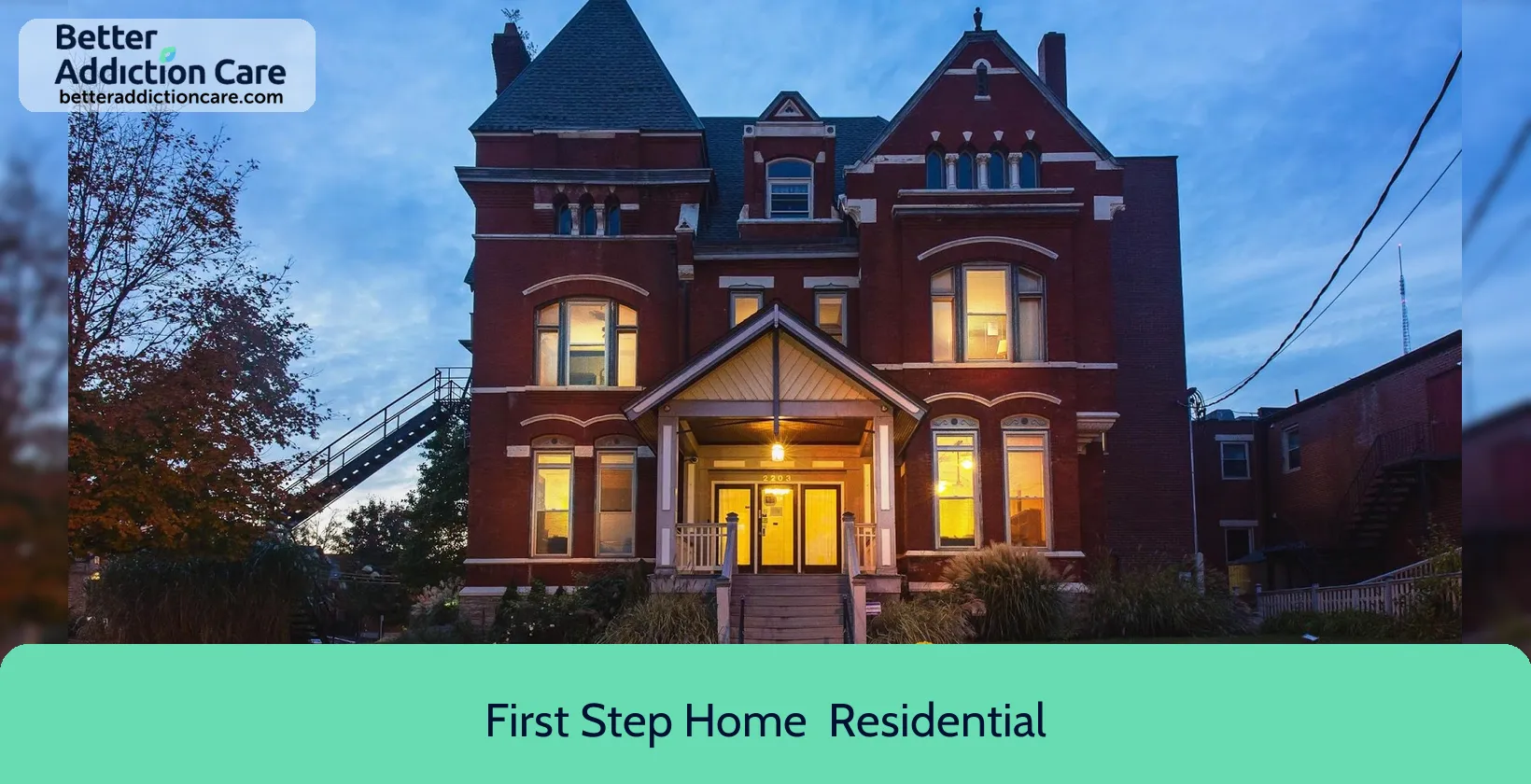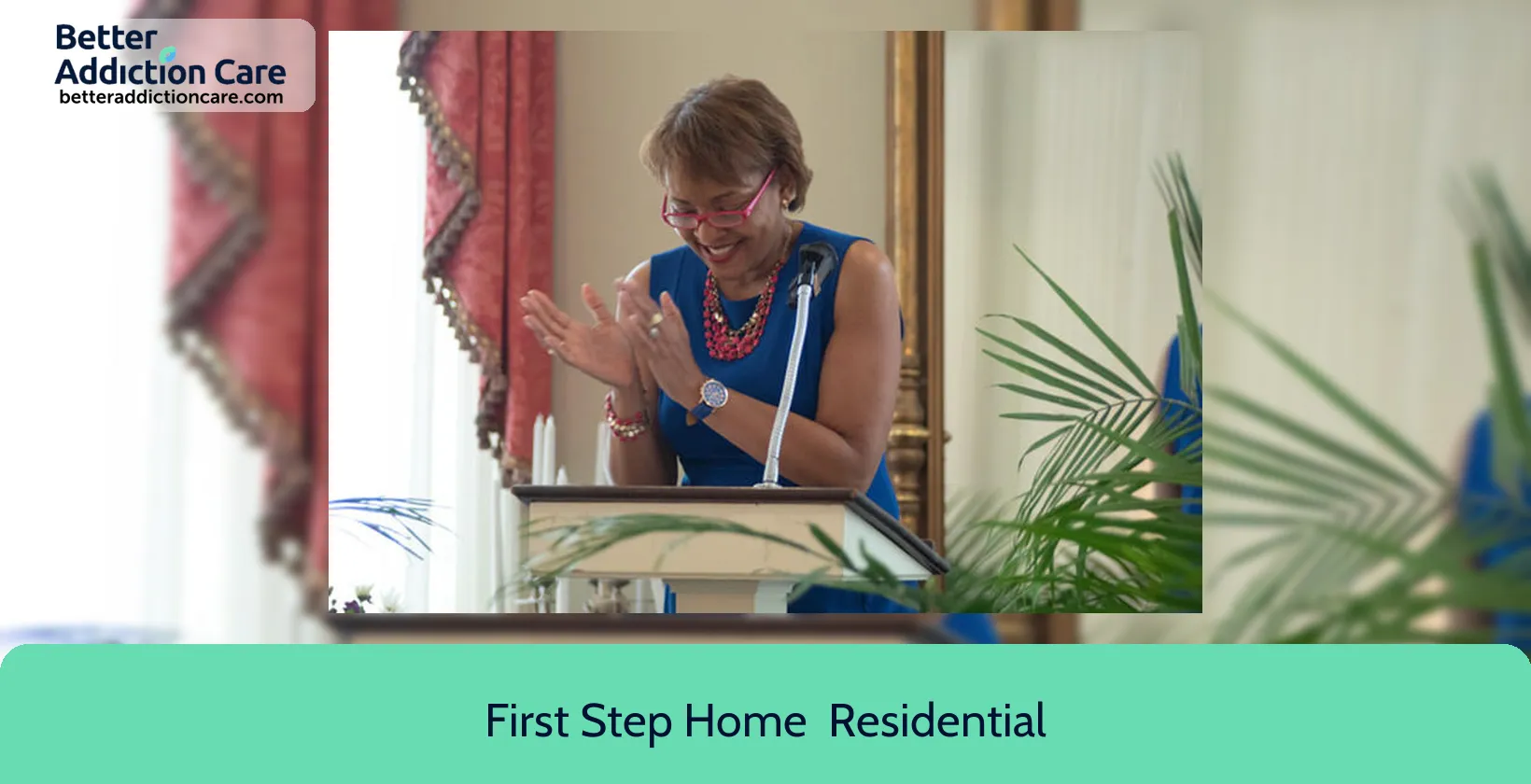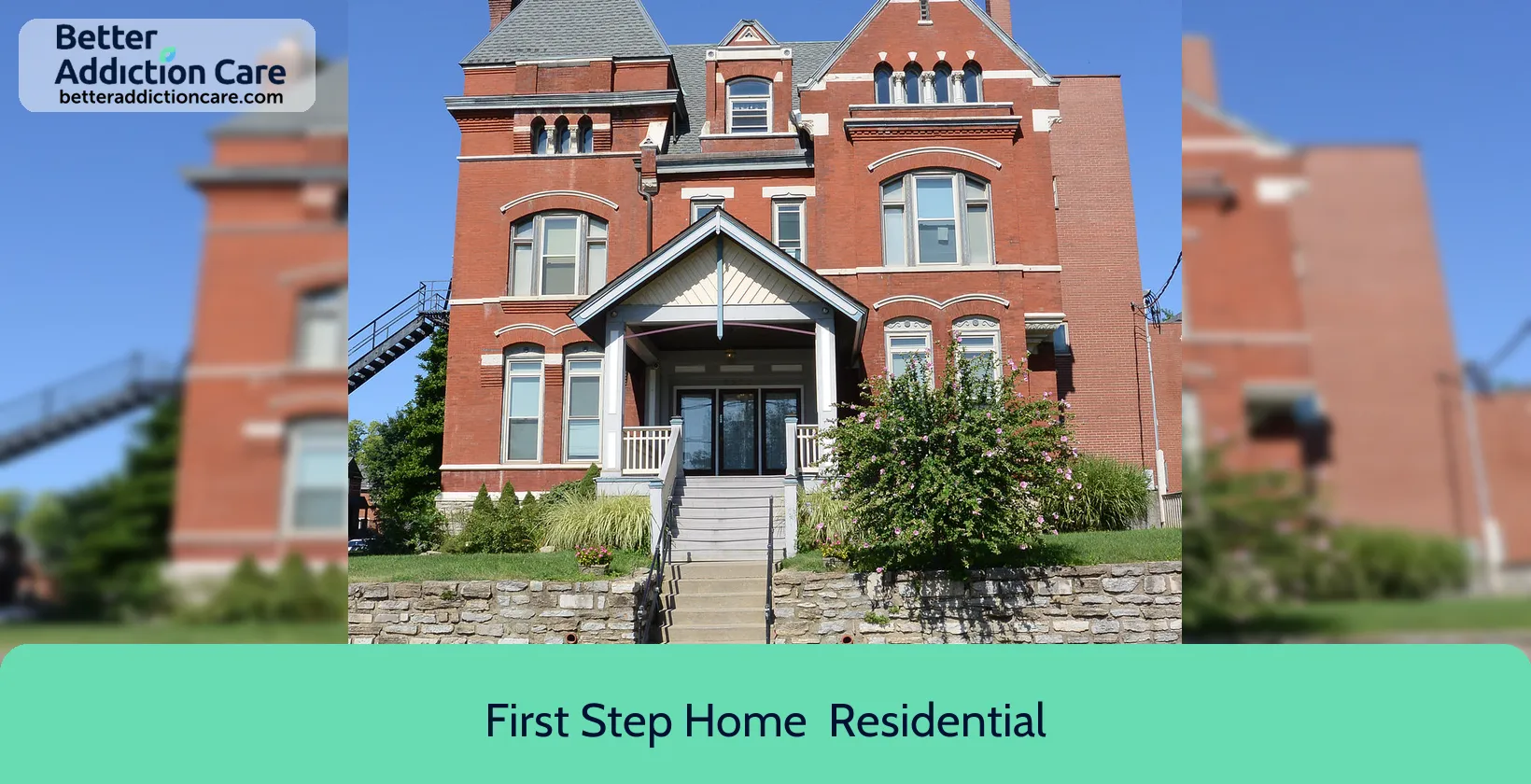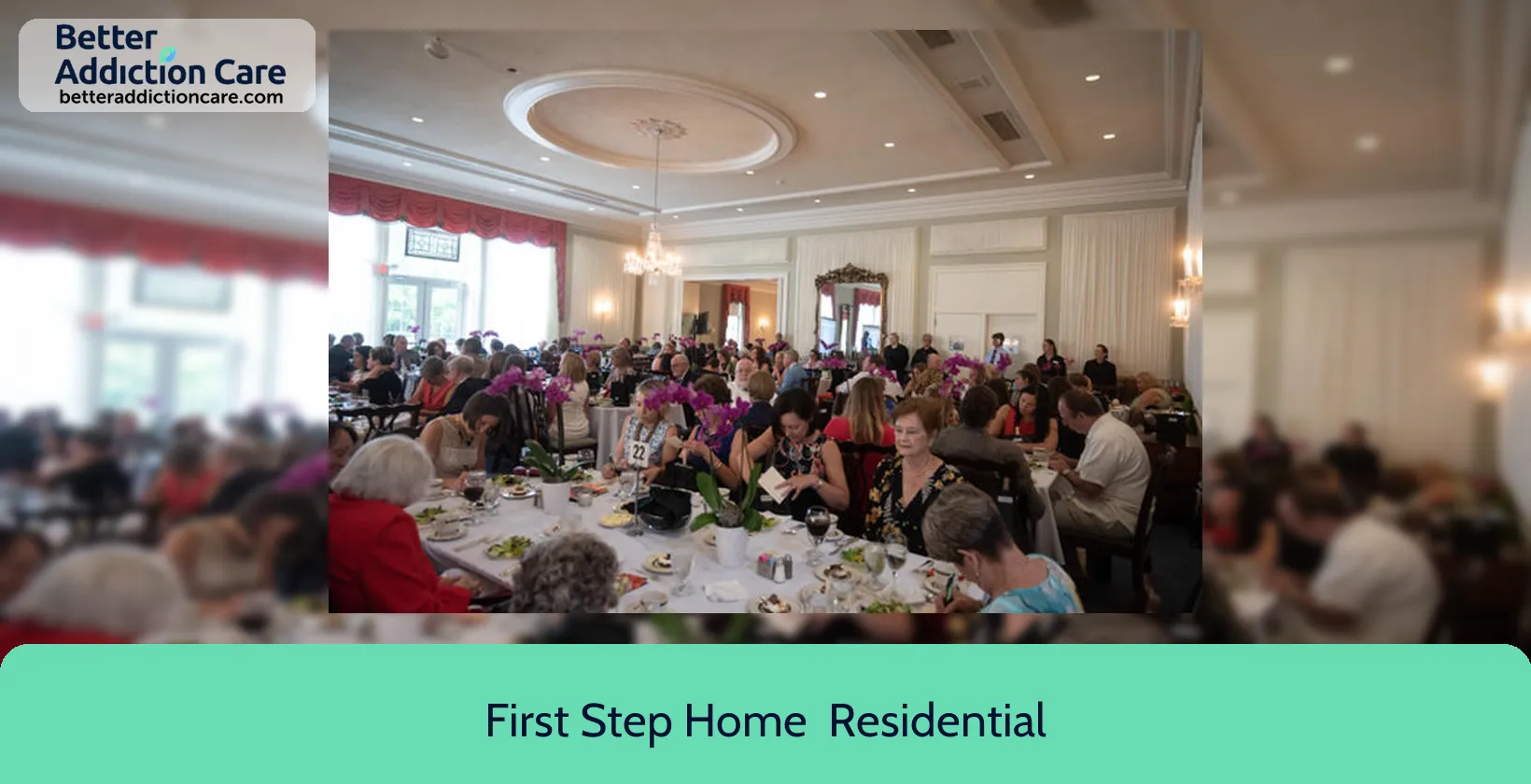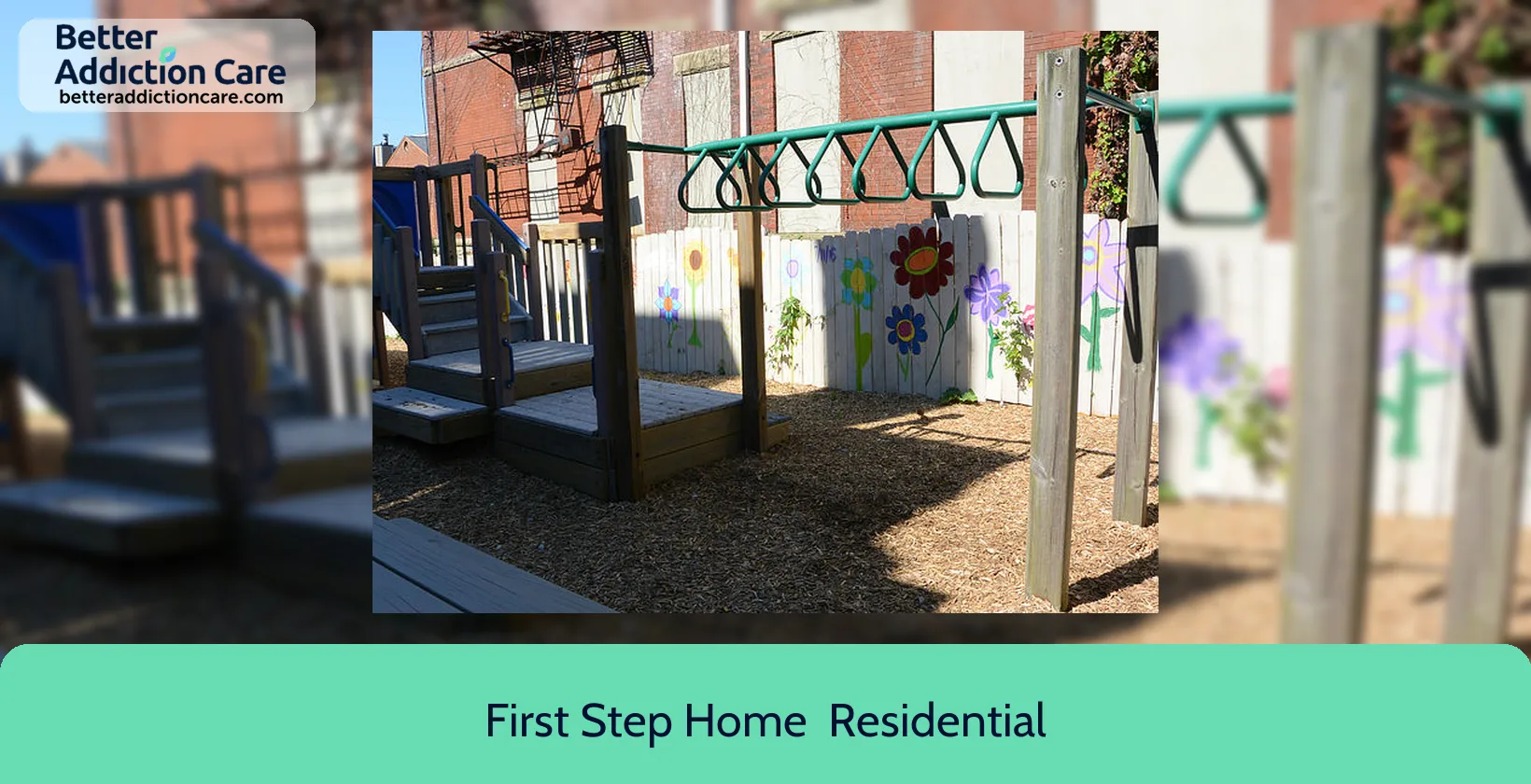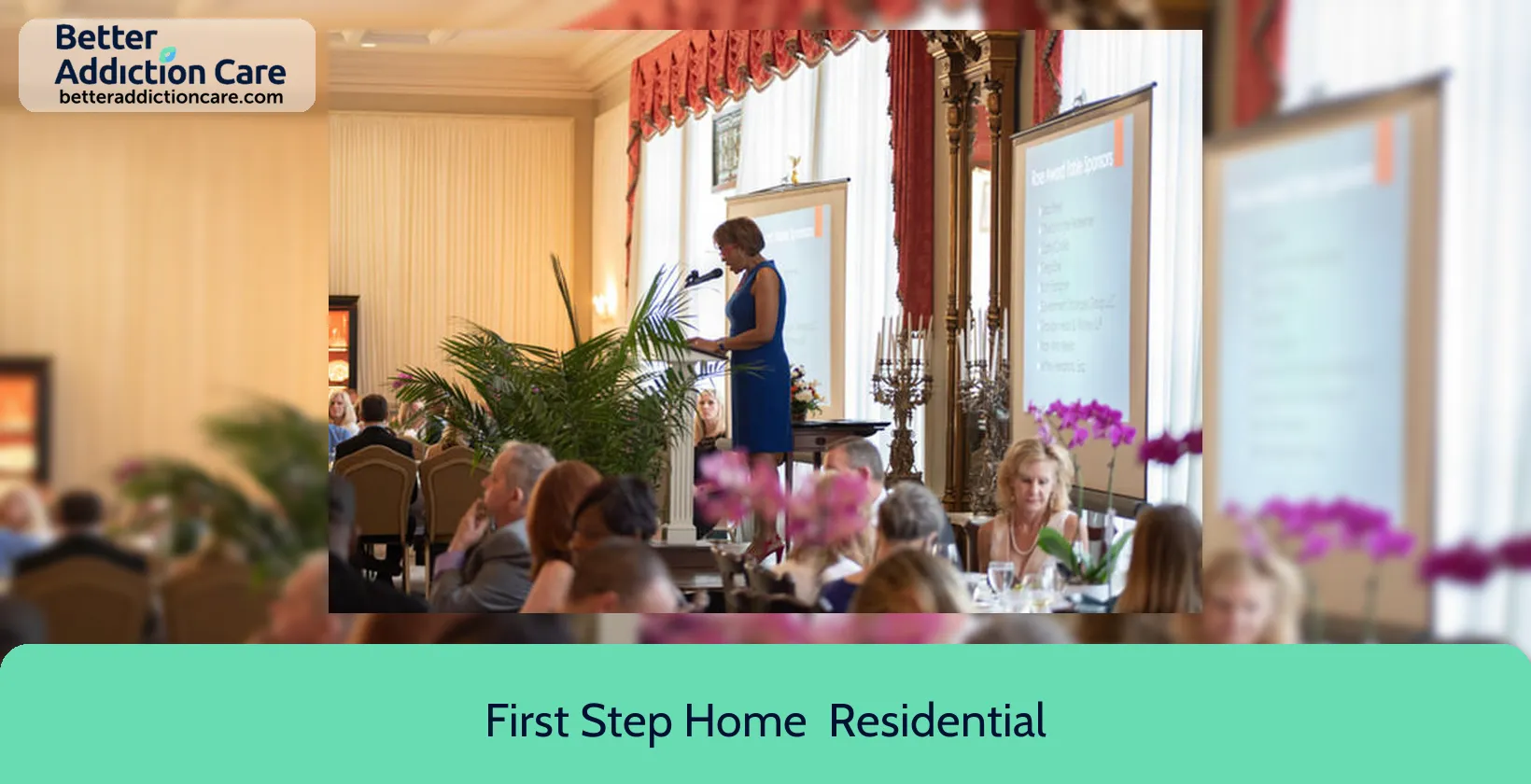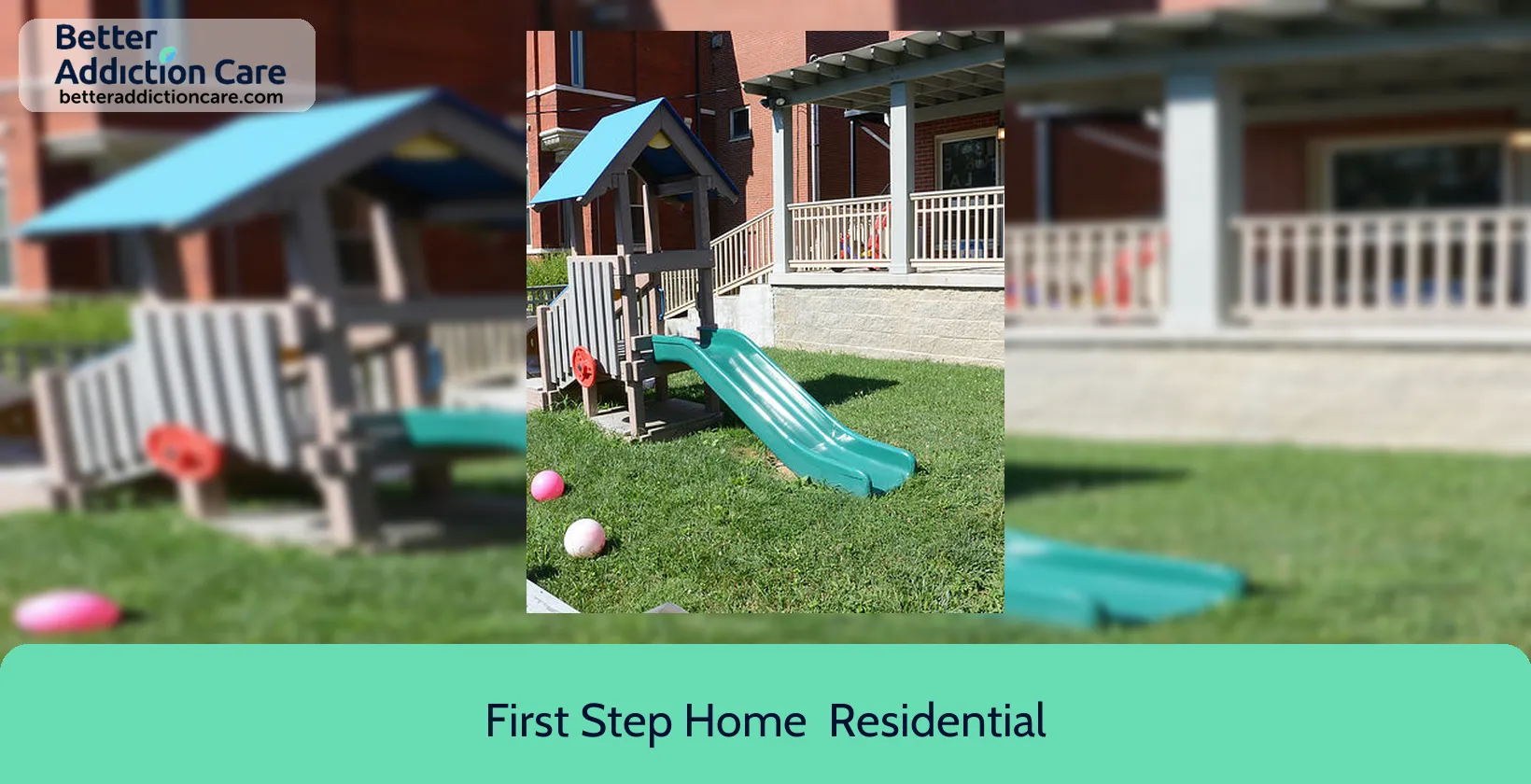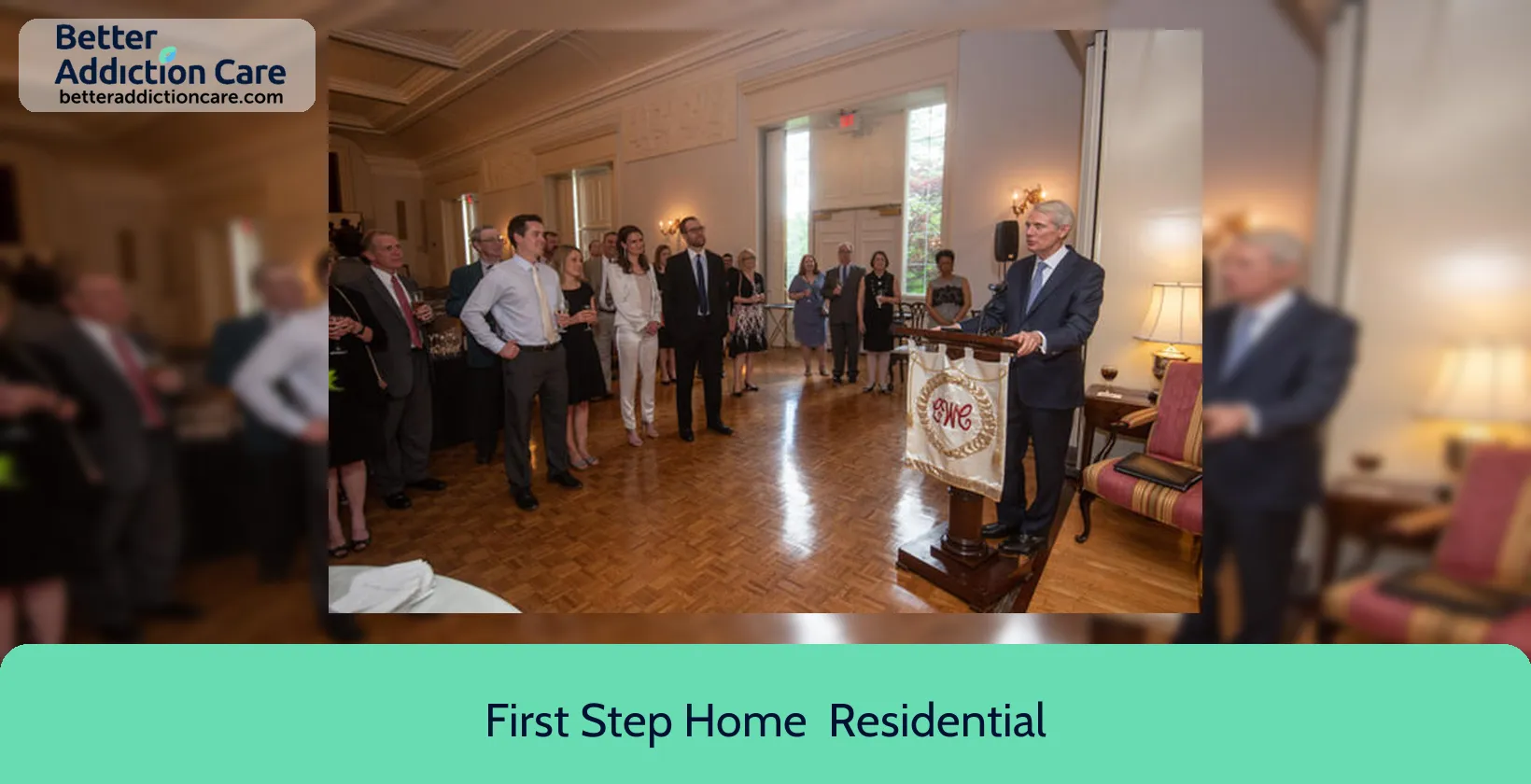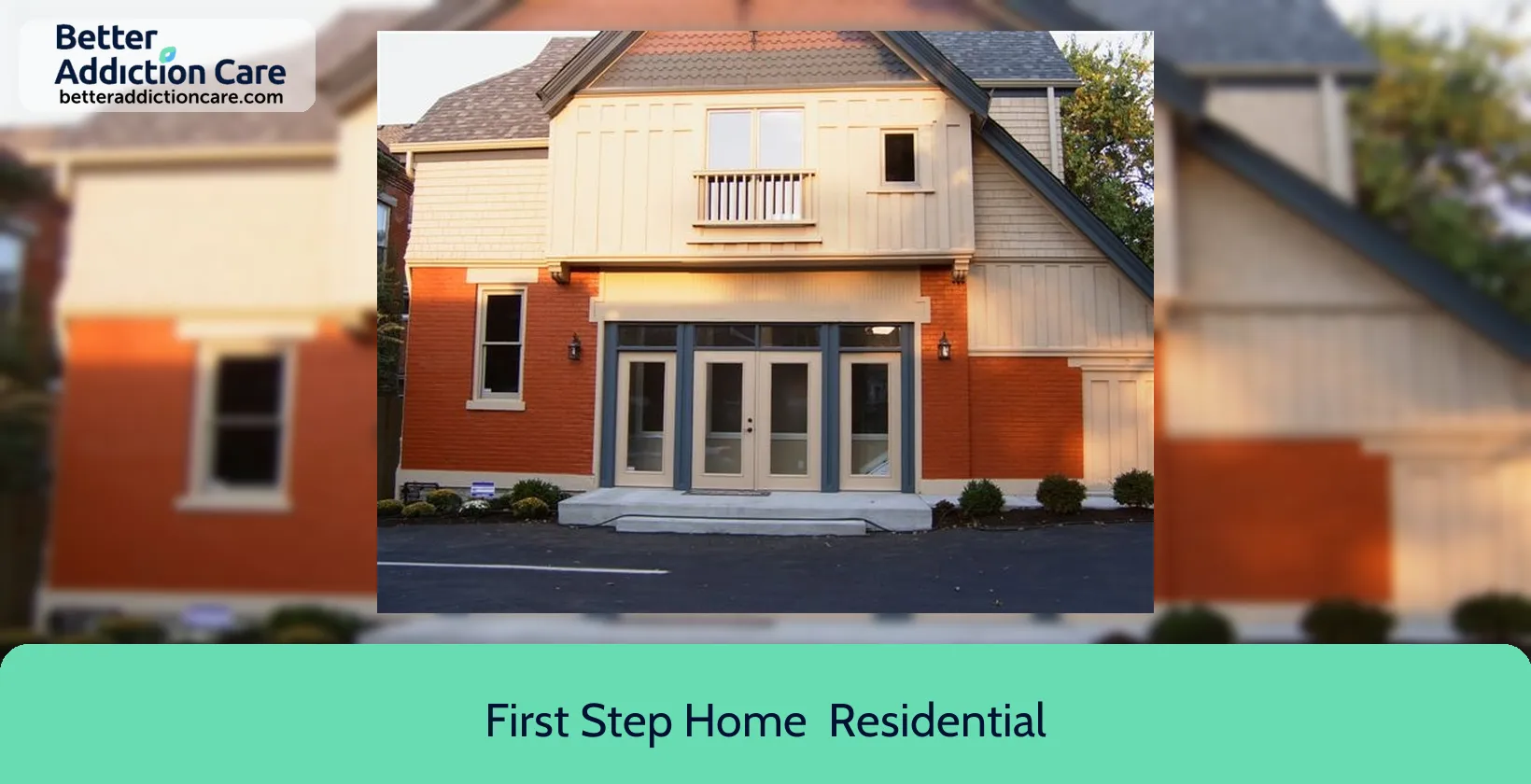First Step Home - Residential
Overview
First Step Home - Residential is a substance abuse treatment center for people seeking treatment near Hamilton County. As part of their treatment modalities for recovery, First Step Home - Residential provides cognitive behavioral therapy, telemedicine/telehealth therapy, and substance use disorder counseling during treatment. First Step Home - Residential is located in Cincinnati, Ohio, accepting cash or self-payment for treatment.
First Step Home - Residential at a Glance
Payment Options
- Cash or self-payment
- Medicaid
- Federal, or any government funding for substance use treatment programs
Assessments
- Screening for tobacco use
- Comprehensive mental health assessment
- Comprehensive substance use assessment
- Interim services for clients
- Outreach to persons in the community
Age Groups
- Young adults
- Adults
Ancillary Services
- Case management service
- Integrated primary care services
- Suicide prevention services
- Residential beds for client's children
- Child care for client's children
Highlights About First Step Home - Residential
7.45/10
With an overall rating of 7.45/10, this facility has the following balanced range of services. Alcohol Rehabilitation: 8.00/10, Treatment Options: 7.94/10, Drug Rehab and Detox: 7.85/10, Insurance and Payments: 6.00/10.-
Alcohol Rehabilitation 8.00
-
Treatment Options 7.94
-
Drug Rehab and Detox 7.85
-
Insurance and Payments 6.00
Accreditations
State mental health department:
State mental health department accreditation refers to the process of evaluating and certifying the quality and standards of a state's mental health department, ensuring that it provides high-quality services and meets specific criteria for mental health care. The accreditation process is performed by a third-party organization and helps to improve the overall care and treatment of individuals with mental health conditions.
Commission on Accreditation of Rehabilitation Facilities (CARF):

Established in 1966, the non-profit organization known as the Commission on Accreditation of Rehabilitation Facilities (CARF) has a dedicated focus on accrediting rehabilitation organizations. CARF's primary mission is to assist service providers, particularly rehabilitation facilities, in upholding and promoting the highest standards of care.
Treatment At First Step Home - Residential
Treatment Conditions
- Alcoholism
- Mental health treatment
- Substance use treatment
- Co-occurring Disorders
Care Levels
- Hospital inpatient treatment
- Short-term residential
- Aftercare
Treatment Modalities
- Cognitive behavioral therapy
- Telemedicine/telehealth therapy
- Substance use disorder counseling
- Trauma-related counseling
- Smoking/vaping/tobacco cessation counseling
Ancillary Services
Additional Services
- Pharmacotherapies administered during treatment
- Mentoring/peer support
- Breathalyzer or blood alcohol testing
Special Programs
- Clients with co-occurring mental and substance use disorders
- Criminal justice (other than DUI/DWI)/Forensic clients
- Pregnant/postpartum women
- Clients who have experienced trauma
- Clients who have experienced sexual abuse
Get Help Now
Common Questions About First Step Home - Residential
Contact Information
Other Facilities in Cincinnati
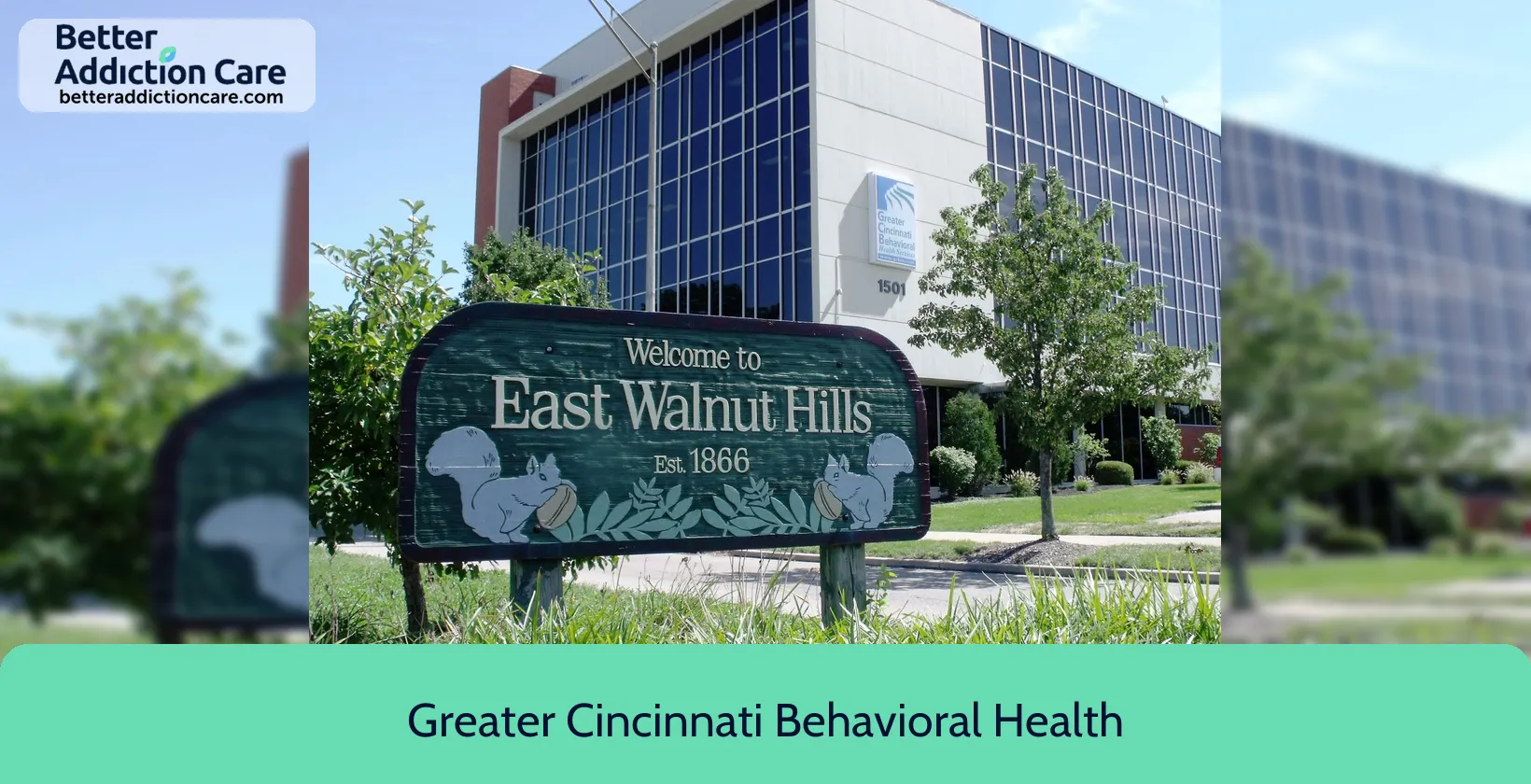
6.65
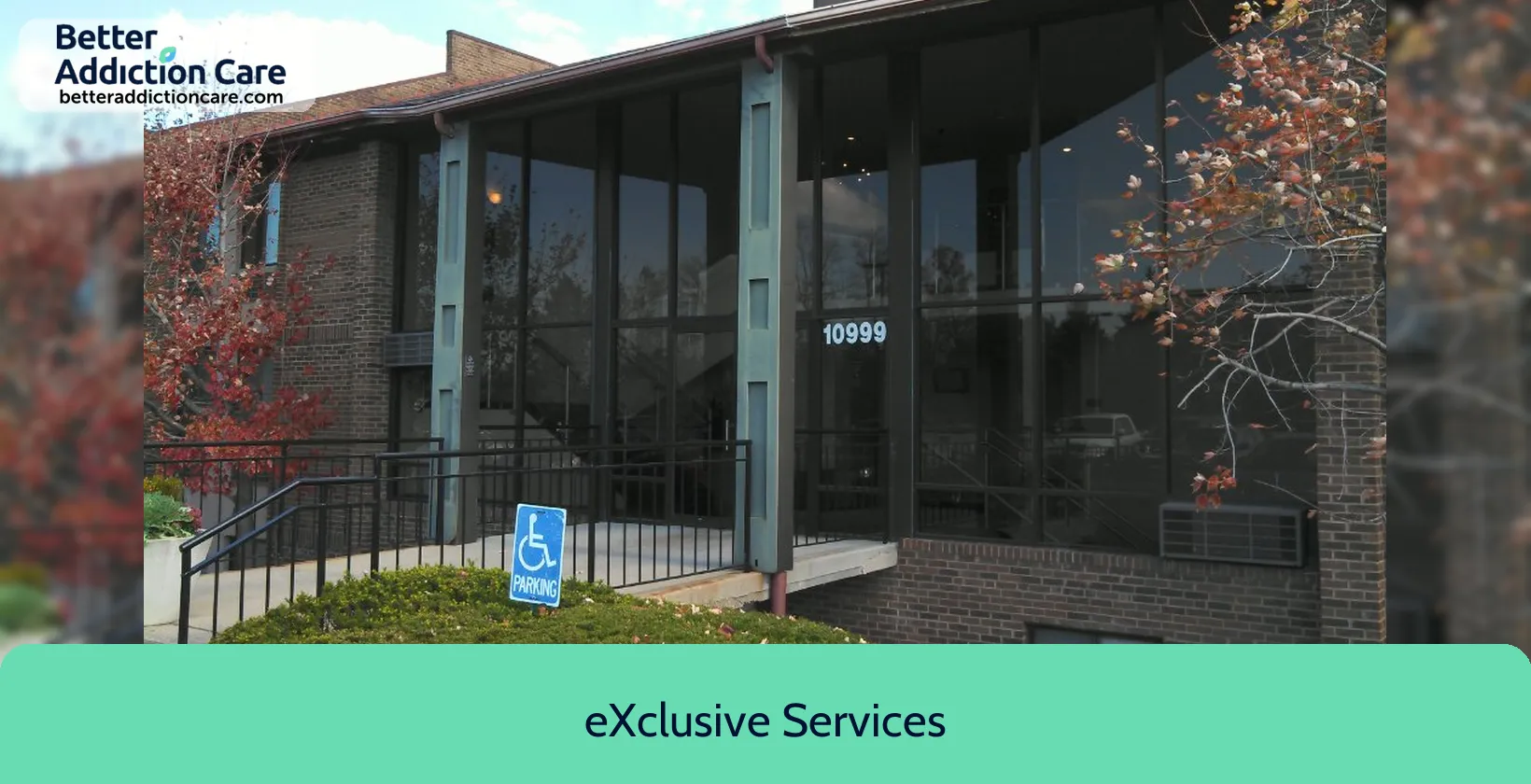
7.68
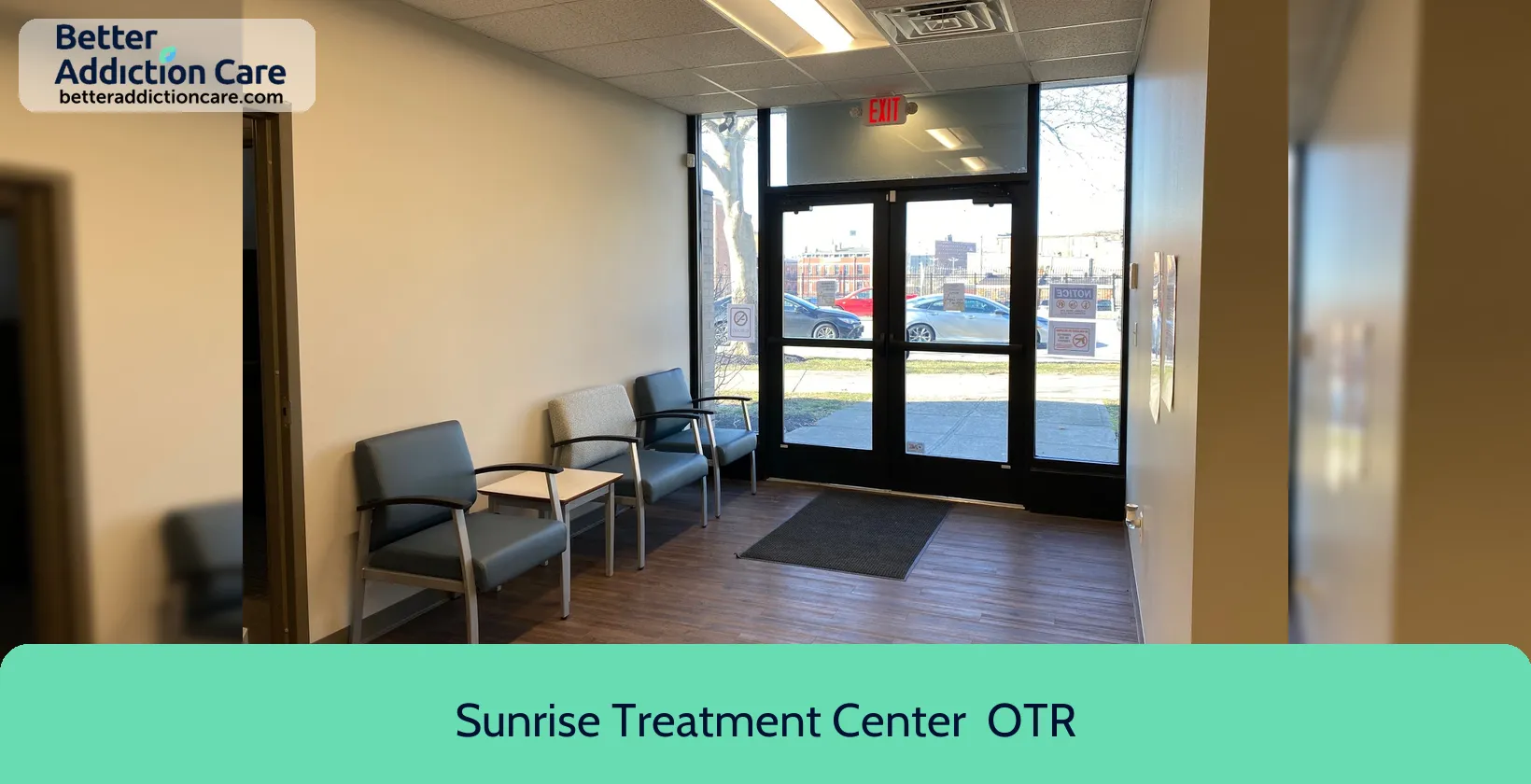
7.51

6.56
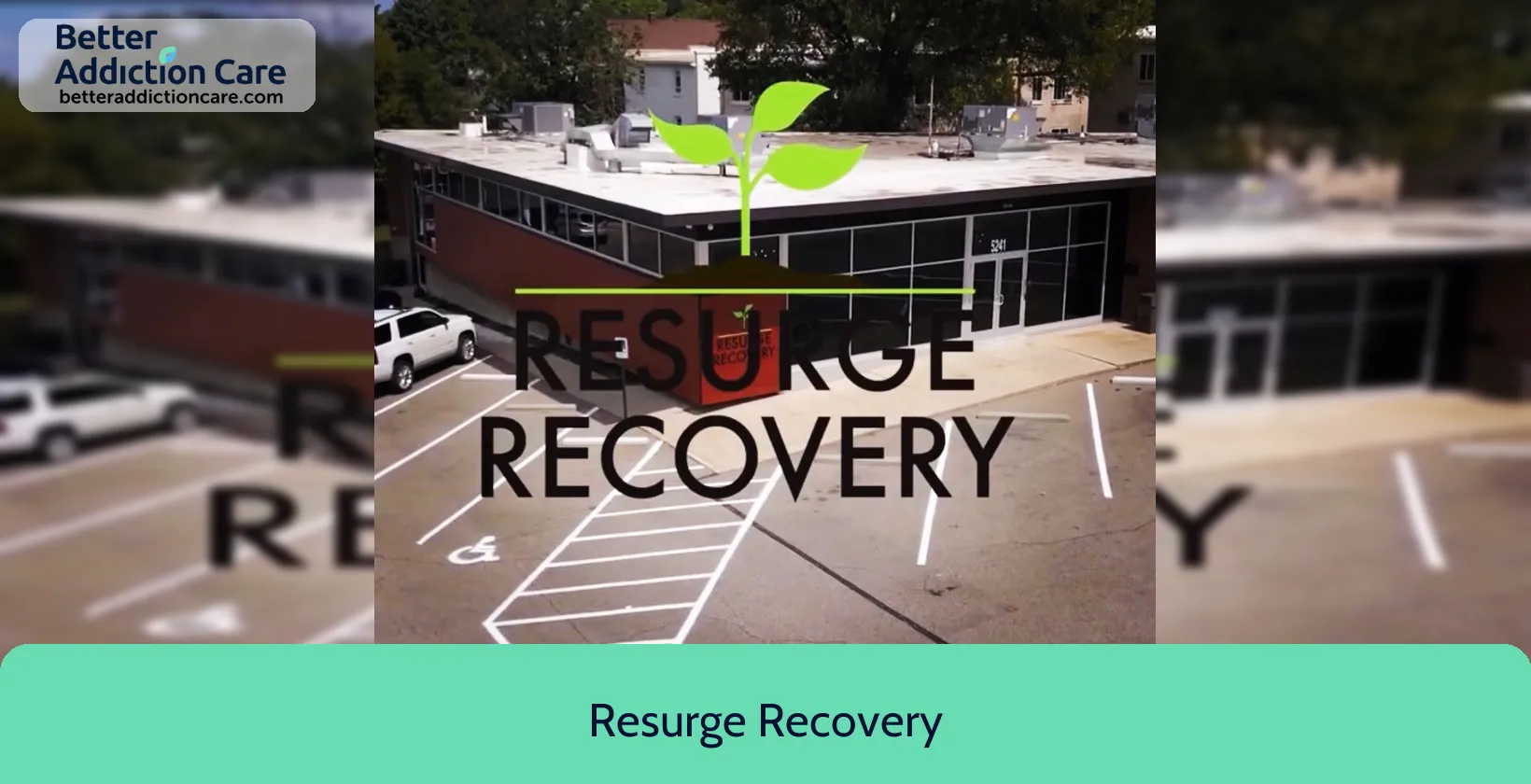
7.68
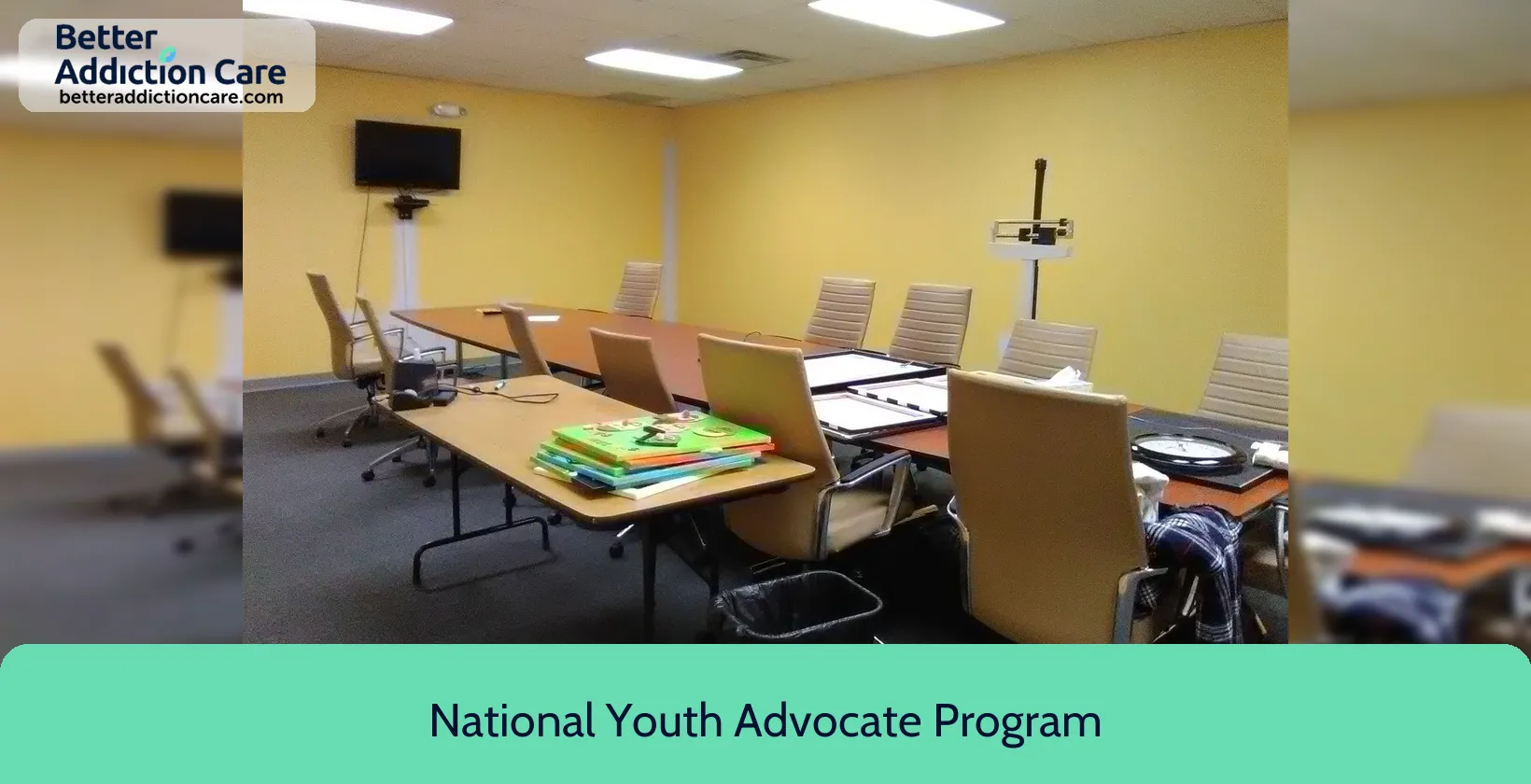
6.83

6.62

6.99
DISCLAIMER: The facility name, logo and brand are the property and registered trademarks of Addiction Services Council, and are being used for identification and informational purposes only. Use of these names, logos and brands shall not imply endorsement. BetterAddictionCare.com is not affiliated with or sponsored by Addiction Services Council.
